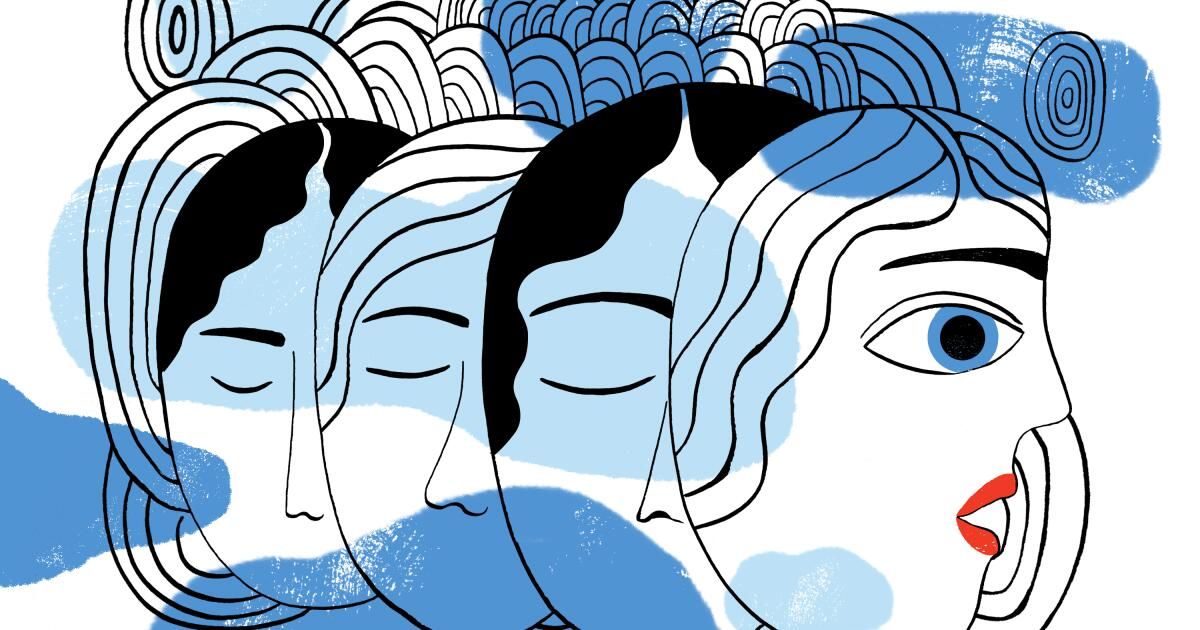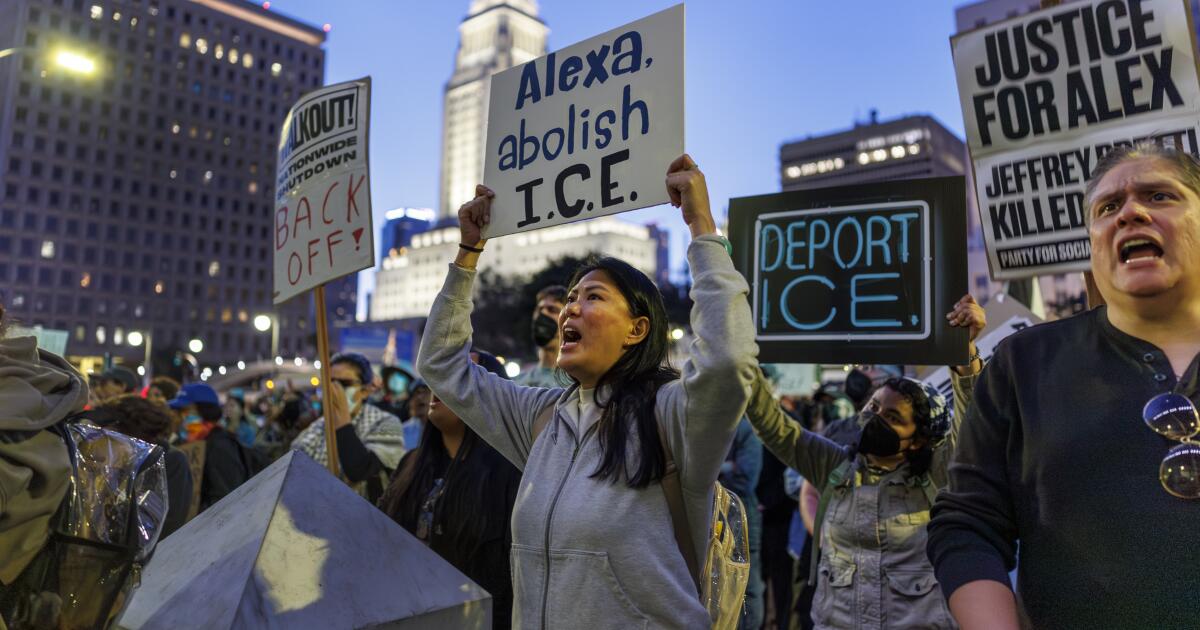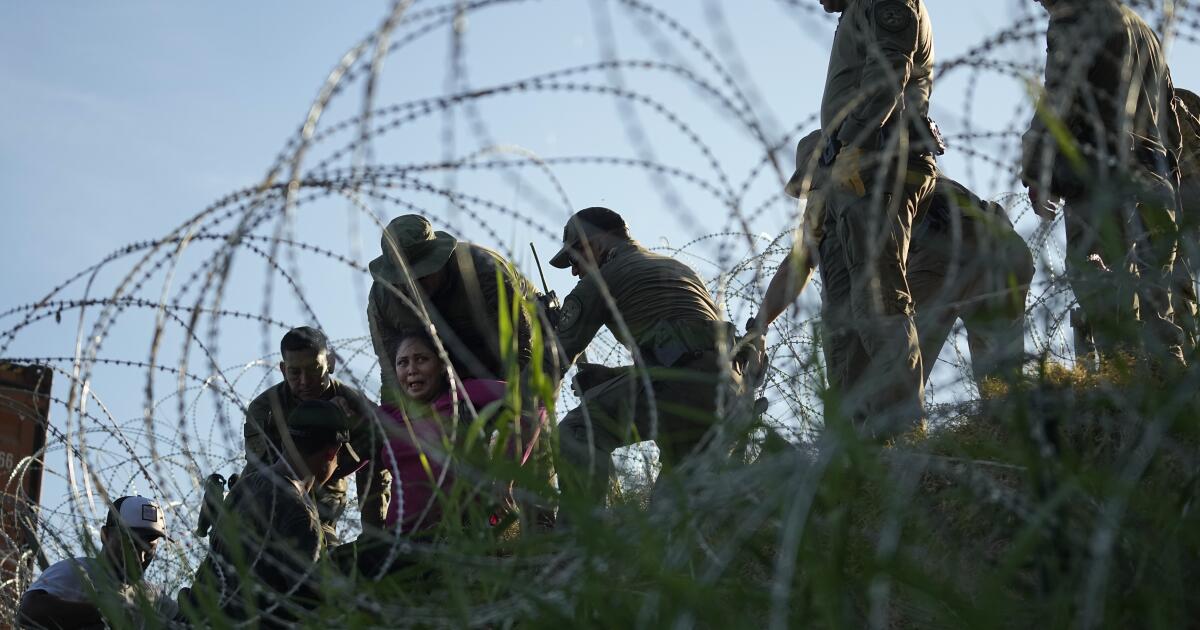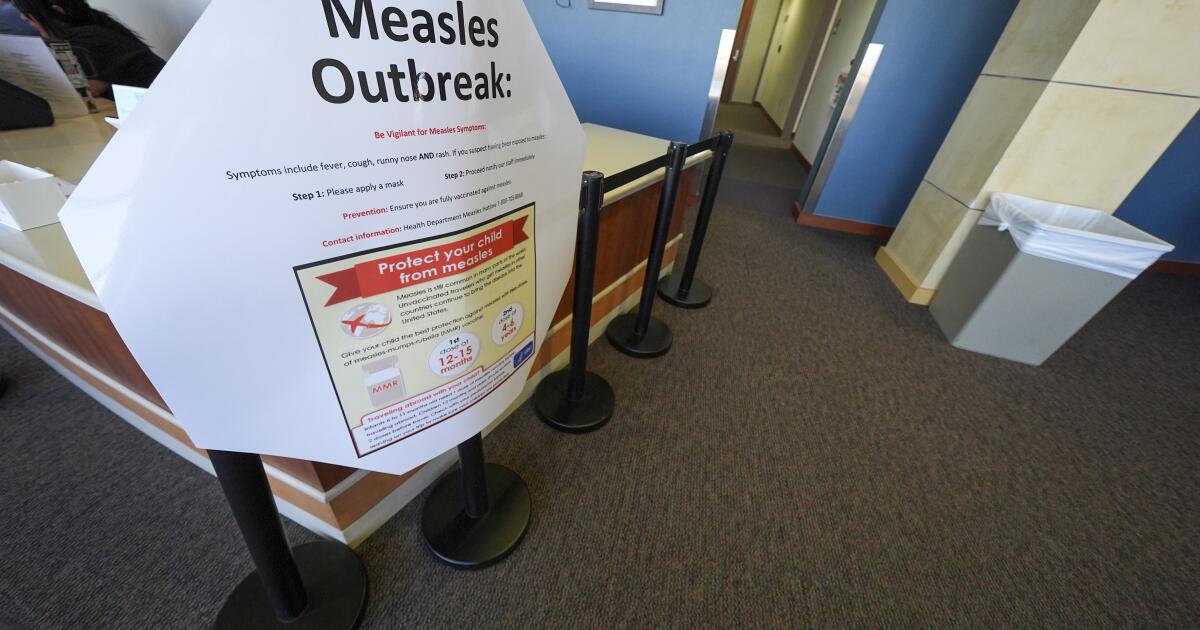In the summer of 1965, the first gynecologist I went to for a diaphragm refused me one. He had every right to do so: Birth control had just been legalized for married people, and contraception for single people like me would remain illegal until 1972. Supported by a burgeoning feminist movement, single women with financial means and access to health care managed to get their hands on the pill anyway and rode the wave of the Summer of Love, exulting in the sexual revolution. “Make love, not war” called not only for peace in Vietnam but also freedom from restrictions on sex and fears of unwanted pregnancies.
But the diaphragm could slip or develop a hole in it. Condoms were considered ineffective and compromised our pleasure and freedom. Intrauterine devices were not widely used. You could skip the contraceptive pill for a day or two and still get pregnant, as I did. Or sleep with your boyfriend and be forced to have unwanted sex with someone else without knowing who got you pregnant. That happened to me, too.
Because I was white and had the privilege of paying what I remember as $2,000, I managed to get a “therapeutic abortion,” a loophole that allowed abortion for reasons of a woman’s health. Normally, the strategy was mental health. I’m sure I told the psychiatrist that I didn’t want to marry the father and couldn’t care for a child. The obstetrician agreed to do the procedure, asked me on the operating table if I wanted to do it, and told me not to tell anyone. I only told the friends who drove me to the hospital.
The story still shocks me. Who was this 23-year-old woman who managed to get an abortion on her own without any problems? What impact did that decision have on the rest of my life? I didn’t think much of it until recently, when I realized that my students and other younger women had no idea what it was like back then. What to tell them? I remember being alone. I remember feeling scared. I had paid for abortions for a couple of women I knew and had taken a friend to an illegal abortion in New Jersey. She ended up in the hospital, bleeding profusely. “I almost died,” she told me, 55 years later.
When I sought to terminate my pregnancy in New Haven, Connecticut, I didn’t know that a month earlier, in New York City, 12 women had gone public with their abortions in an “open conversation,” or that in Chicago an underground collective called Janes was organizing safe, free abortions for those who couldn’t afford them. Fear of pregnancy haunted everything short of a kiss, as did stories of women sent to bear children who were later given up for adoption, women who died from botched procedures, boyfriends who didn’t want to help pay, boyfriends who did.
The most radical stance on abortion before Roe v. Wade was repeal, not reform, on the grounds that any abortion law, no matter how liberal, denied women control over our own bodies. After Roe, abortion opponents took control of the discourse, muddying the clarity of the simple fact that each person’s body is their own. In 1977, the Hyde Amendment, which denied federal funding for abortion, further reinforced the disparity between women who could afford the procedure and those who could not. Demands for parental consent denied young women’s autonomy. Amid the clinic bombings, the pro-choice movement seemed unable to effectively denounce the cruelty of anti-abortion rhetoric that privileged the life of an unborn child over that of an unfulfilled woman or an overburdened mother.
Those of us who had abortions were somehow rendered inaudible. “Write a poem,” a friend told me as we headed to Washington for the 1992 March for Women’s Lives, an event prompted by a challenge to a Pennsylvania abortion rights law before the Supreme Court.. Half a million people demonstrated, and Roe was saved. I had barely talked about my abortion, let alone written about it, but I remembered my loneliness of old. The poem recounted the sexual relations that led to my abortion in 1969 and a visit to a women-run clinic after Roe. I remember the strength of the public response when I read it aloud and my surprise when a young editor wrote to me saying that her magazine's decision to publish it had been controversial.
With the Dobbs decision, public discourse about abortion is no longer a rarity. What was silence has become outrage. The new dead end is an unaffordable escape to a state where abortion is legal, or a hospital room where you are left bleeding to death because your miscarriage is too late to receive legal assistance from professionals.
At a recent women’s rally in support of Kamala Harris, two women told their stories: both hospitalized for late-term miscarriages, both abandoned by doctors who feared criminal charges. “I almost died,” one woman said. “I was lucky,” said the other.
Over the past two years, when I’ve told women I was writing about my pre-Roe abortion, the stories have come flooding in: Mine was in a dentist’s office; I had to go to Puerto Rico; mine was a disaster, and I was very much alone. The fact that I had prompted these revelations was shock enough. What was most disconcerting was that in almost every case, the woman leaned forward: “You’re the only person I’ve ever told,” she confided. “Only you will know,” a woman in her 50s whispered to me at a book signing last week.
Although friends who knew me in my 20s tell me I always seemed self-assured, I am amazed that I was able to make such a decision on my own before I had a self. Now, at 70, I realize that this moment helped shape me, a woman who has made many decisions against the grain. I still seem self-assured to my friends, but every time an important choice is presented, I revert to being that lonely girl from long ago. How amazing it is now to join that mobilizing call where the importance of decisions like mine was recognized, where my life as a single, working woman was not strange or unusual, where I was invited to shout as one among many.
Honor Moore is a member of the graduate writing faculty at the New School. Her latest book is “An ending.”












